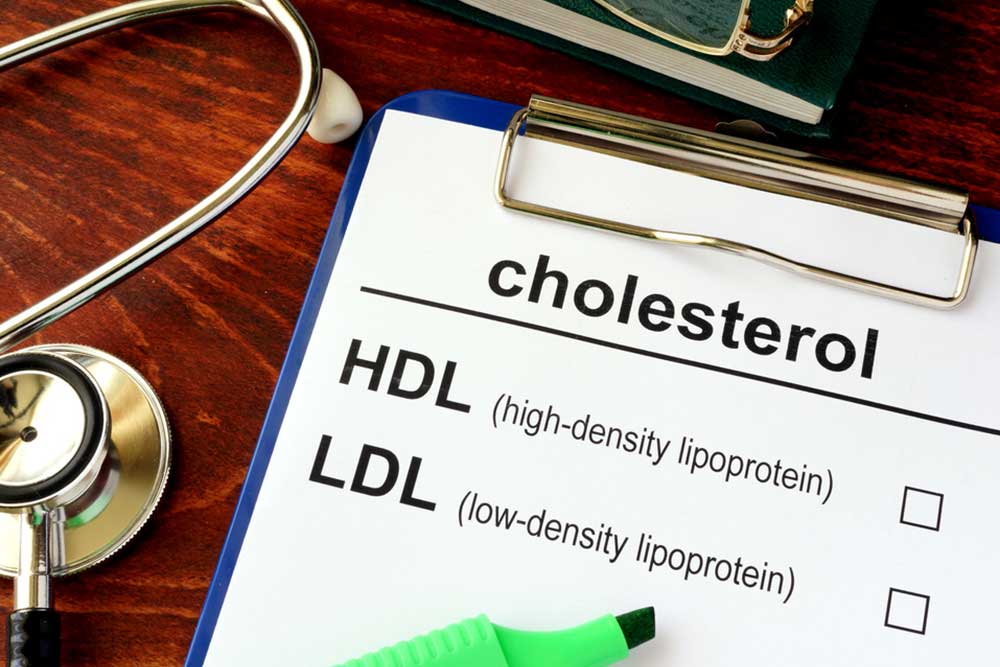Tips on how to manage high cholesterol levels
Produced by the liver naturally, and important for the formation of cell membranes and the production of hormones, cholesterol can be classified as a lipid. It is waxy in nature and bears a resemblance to fat. Cholesterol does not dissolve in water and uses lipoproteins as a primary mode of transport. Lipoproteins contain fat and protein and have two main types, which are low-density lipoprotein and high-density lipoprotein. Even though cholesterol performs many vital functions in the body, too much of it can cause major problems.

Low-density lipoprotein is also commonly referred to as bad cholesterol. The abundance of bad cholesterol (in simple words high cholesterol) can be the cause of issues such as heart attacks. The trickiest part of high cholesterol is that it shows no symptoms and, hence, needs to be checked on a routine basis.
Bad cholesterol
High amounts of bad cholesterol can accumulate on the artery walls. This accumulation is also called cholesterol plaque and can be the reason for narrowing of the arteries, limited blood flow, and higher chances of blood clots. This can ultimately lead to heart attacks or strokes.
The Center for Disease Control and Prevention states that every one out of three people in the country has high cholesterol levels.
Good cholesterol
Medically called high-density lipoprotein and shortened to HDL, good cholesterol facilitates the transfer of bad cholesterol out of the body through the liver. This stops the cholesterol plaque from accumulating on the artery walls, reducing the chances for heart attacks, clotting, and strokes.
Causes of high cholesterol
High cholesterol can be caused by the following issues.
- Eating foods with high cholesterol content and lifestyle choices such as smoking and inactivity can be a cause for many heart-related diseases.
- In a lot of cases, having high cholesterol can be due to genetics. Passed down from parent to child, certain genes change how the body processes cholesterol, which increases the risk of developing high cholesterol.
- High cholesterol can also be caused due to the presence of other illnesses like diabetes and thyroid disorders.
- Even though it rarely occurs, familial hypercholesterolemia can be a cause of high cholesterol. It is a genetic condition preventing the body from disposing of low-density lipoproteins.
Tips for managing high cholesterol
- It is recommended to get cholesterol levels tested every four to six years if a person is over the age of 20. Check-ups should be done often if one has a history of cardiac issues.
- It should be a habit to observe levels of saturated fats, added sugars, and trans fats among other ingredients on food packets. Lesser consumption is always better for their health.
- Consuming appropriate amounts of cholesterol is never an issue to worry about; the human body produces enough on its own.
- Switch to unsaturated fats, use extra virgin olive oil for cooking, and use nuts and seeds as snacks rather than processed food.




